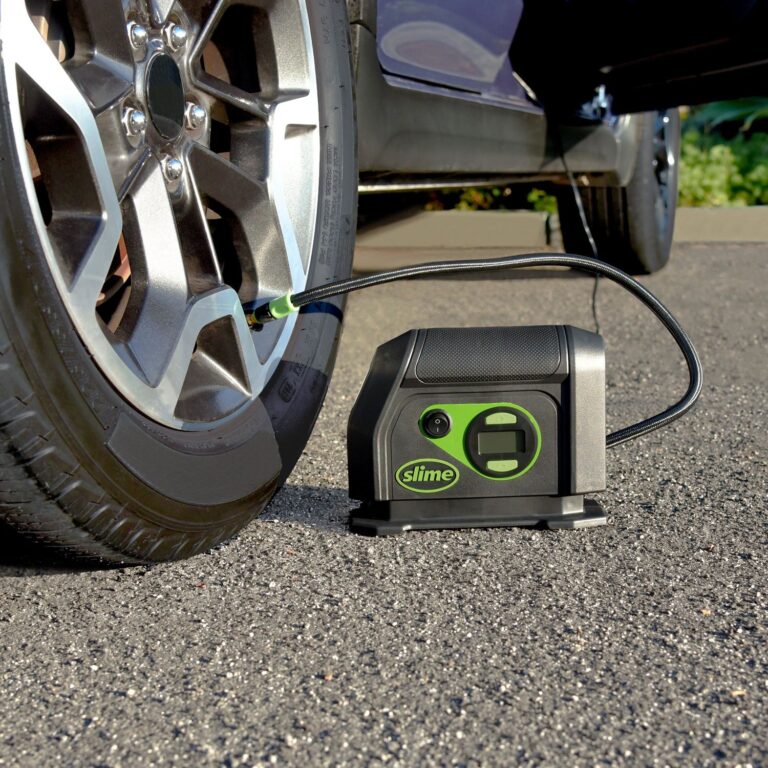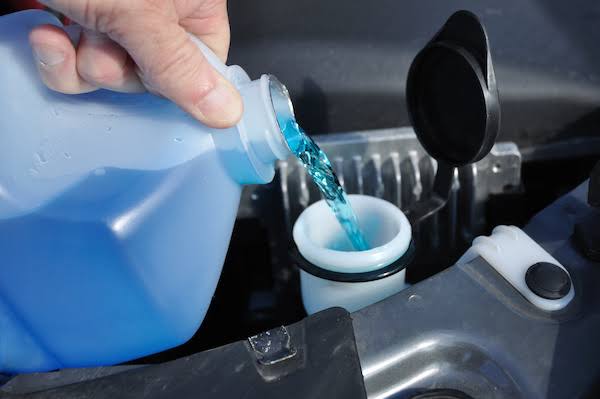Does Diesel Freeze Faster Than Gas?

As temperatures drop, many drivers become concerned about the effects of freezing weather on their vehicles, particularly the fuel. A common question arises: does diesel freeze faster than gas? The short answer is yes, but there’s more to the story. This blog dives into why diesel is more prone to freezing and how to prevent fuel-related issues during cold weather.
How Diesel and Gasoline React to Cold Weather
1. Diesel Fuel Composition
Diesel fuel is less refined than gasoline and contains waxes and heavier hydrocarbons. These components provide better energy density but make diesel more susceptible to freezing.
- Diesel Gelling: In cold temperatures, the paraffin wax in diesel begins to solidify, creating a gel-like consistency. This process, known as gelling, clogs fuel lines and filters, preventing the engine from running.
- Critical Temperature: Diesel begins to gel at around 10°F to 15°F (-12°C to -9°C) unless treated with anti-gelling additives.
2. Gasoline Composition
Gasoline, on the other hand, has a lower freezing point and doesn’t gel in the same way as diesel. It remains liquid even in extremely cold temperatures, typically below -100°F (-73°C), making it less likely to freeze under normal winter conditions.
Why Diesel Freezes Faster
1. Wax Content in Diesel
The wax in diesel fuel separates and solidifies in cold weather, leading to gelling. Gasoline doesn’t contain such waxes, making it more resistant to freezing.
2. Cloud Point and Pour Point
- Cloud Point: The temperature at which diesel begins to show wax crystals is known as the cloud point. For standard diesel, this is around 20°F (-6°C).
- Pour Point: The temperature at which diesel can no longer flow freely is typically lower than the cloud point but still occurs at a higher temperature than gasoline freezing.
3. Differences in Refining Processes
Gasoline undergoes a more extensive refining process than diesel, removing heavier hydrocarbons that would otherwise freeze more easily.
Preventing Diesel from Freezing
If you rely on a diesel-powered vehicle in cold climates, proper precautions are essential to avoid fuel-related issues.
1. Use Winterized Diesel
In colder months, many fuel stations switch to winter diesel blends, which include additives that lower the gelling point.
2. Add Anti-Gel Additives
Adding a fuel anti-gel additive to your diesel tank before cold weather hits can prevent wax formation. These additives are readily available at auto parts stores.
3. Keep Your Tank Full
A full tank reduces the risk of condensation, which can introduce water into the fuel system. Water freezes easily and exacerbates gelling issues.
4. Use a Fuel Heater
Fuel heaters are designed to keep diesel warm, ensuring it flows smoothly through the system.
5. Park in a Warm Location
Whenever possible, park your vehicle in a garage or other sheltered area to keep the fuel temperature above the gelling point.
Signs of Diesel Gelling
It’s important to recognize the signs of diesel fuel gelling so you can take corrective action quickly.
1. Difficulty Starting the Engine
A gelled fuel system restricts fuel flow, making it hard for the engine to start or run.
2. Loss of Power
If your engine lacks power or stalls frequently, gelled diesel may be clogging the fuel filter.
3. Low Fuel Pressure Warning
Modern diesel vehicles often have sensors that detect low fuel pressure, which can indicate gelling.
Frequently Asked Questions
1. Can Diesel Freeze Completely?
Diesel doesn’t technically freeze into a solid block, but it gels, becoming thick and unusable.
2. What Temperature Does Diesel Gel?
Standard diesel begins to gel at around 10°F to 15°F (-12°C to -9°C). Winter diesel blends can withstand colder temperatures.
3. Is Gasoline Affected by Cold Weather?
Gasoline is much less affected by cold weather than diesel. It remains usable even at extremely low temperatures.
4. Can Diesel Vehicles Run in Extreme Cold?
Yes, with proper winterization, including additives and winter diesel blends, diesel vehicles can operate in extreme cold.
5. How Do I Thaw Gelled Diesel?
If your diesel fuel has gelled, you’ll need to move the vehicle to a warm location or use a fuel system thawing additive to dissolve the gel.
Conclusion
Yes, diesel freezes—or more accurately, gels—faster than gasoline due to its composition and the presence of waxes. However, with the right precautions, you can ensure your diesel vehicle operates smoothly even in the coldest weather. By using winterized diesel, adding anti-gel additives, and keeping your vehicle protected from extreme cold, you can avoid the headaches of gelled fuel. Stay prepared, and winter driving with diesel will be hassle-free!
Also Check:





